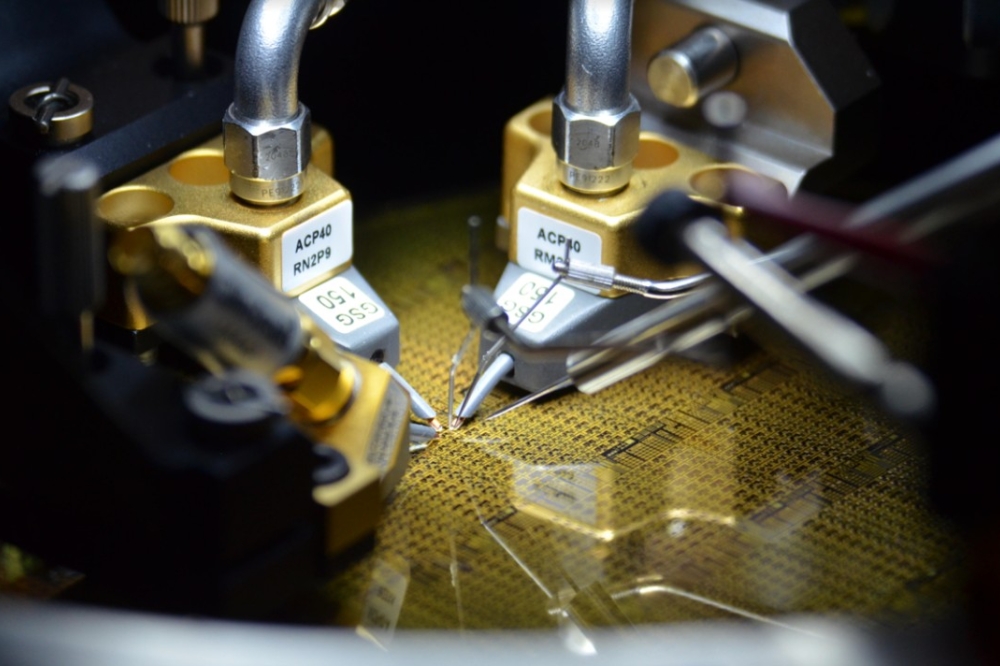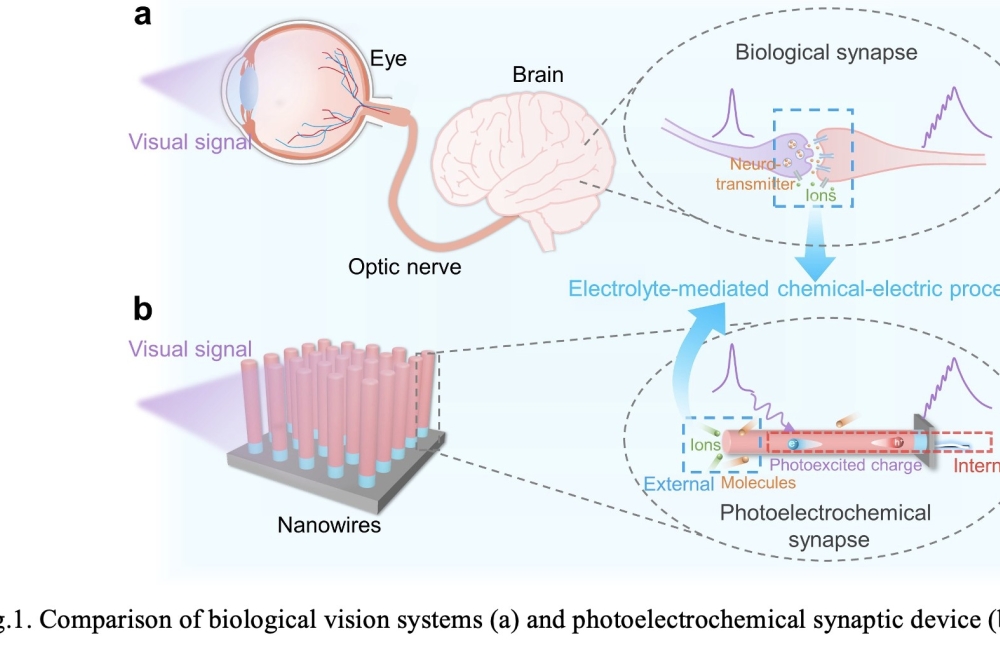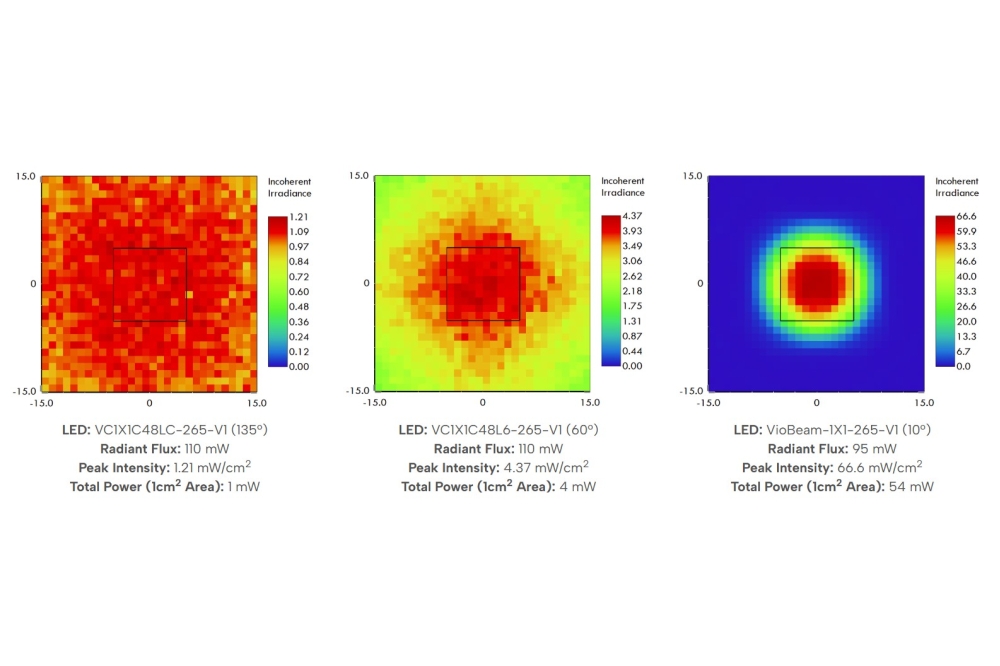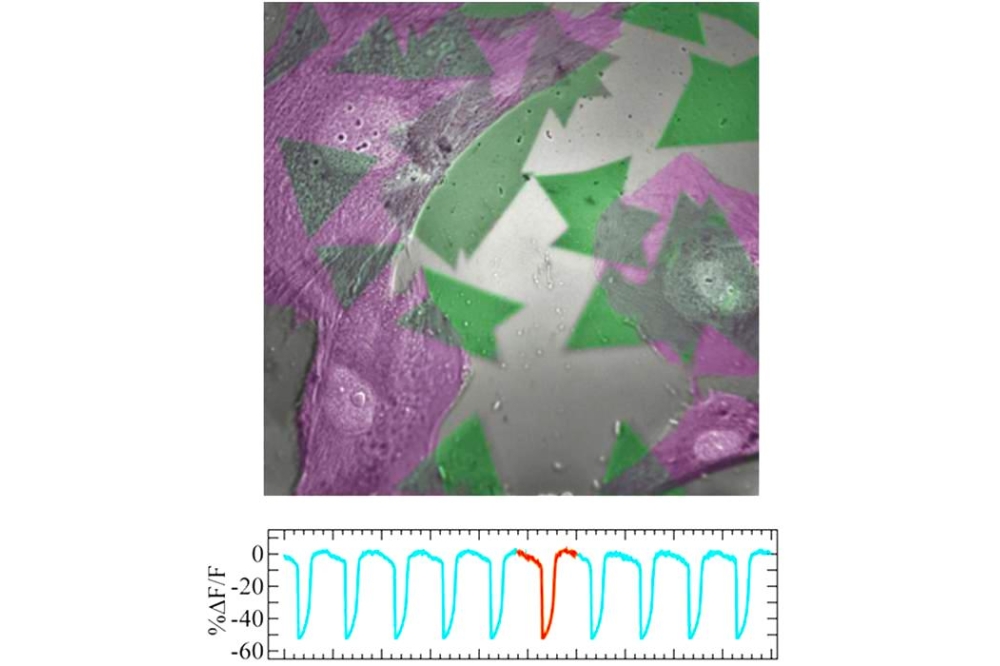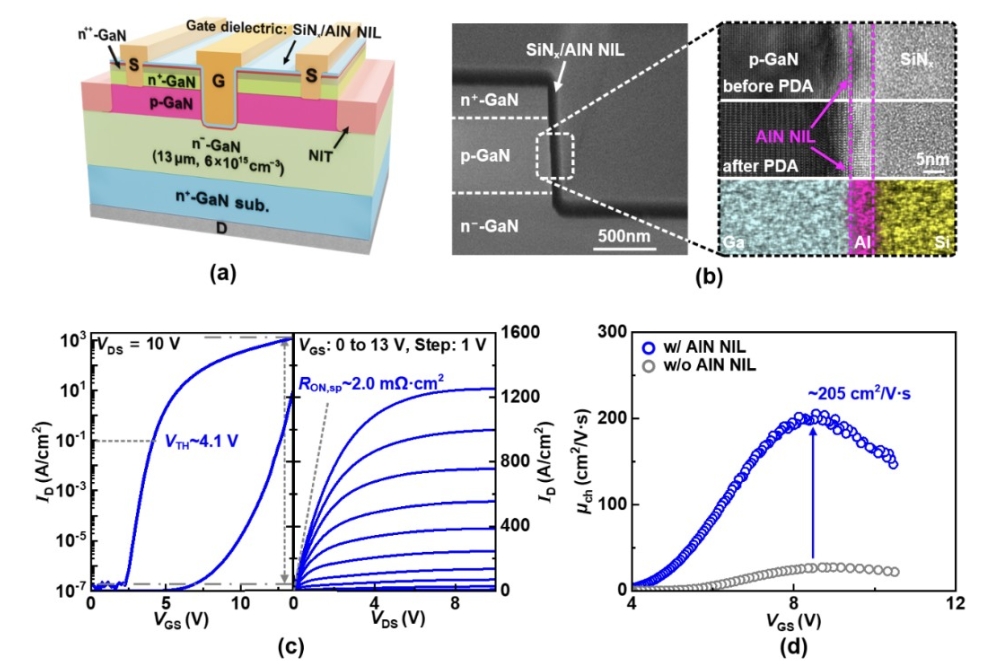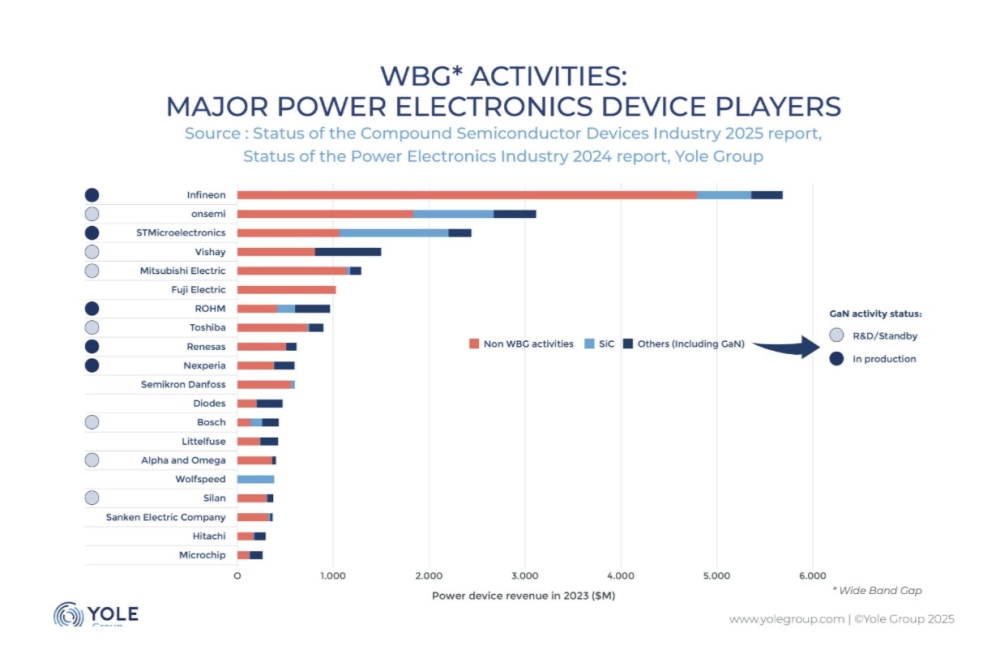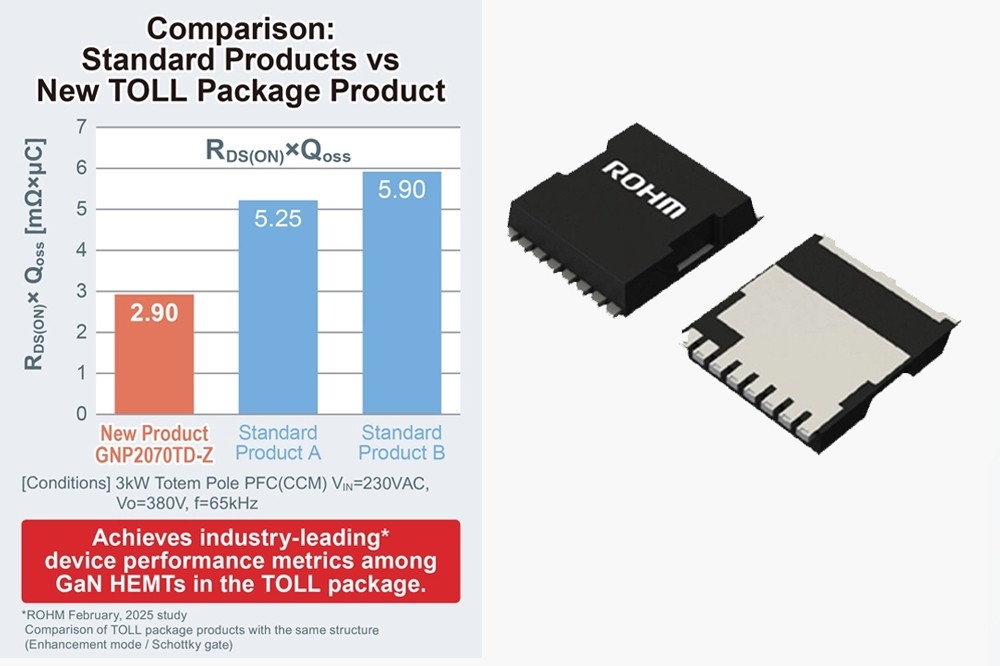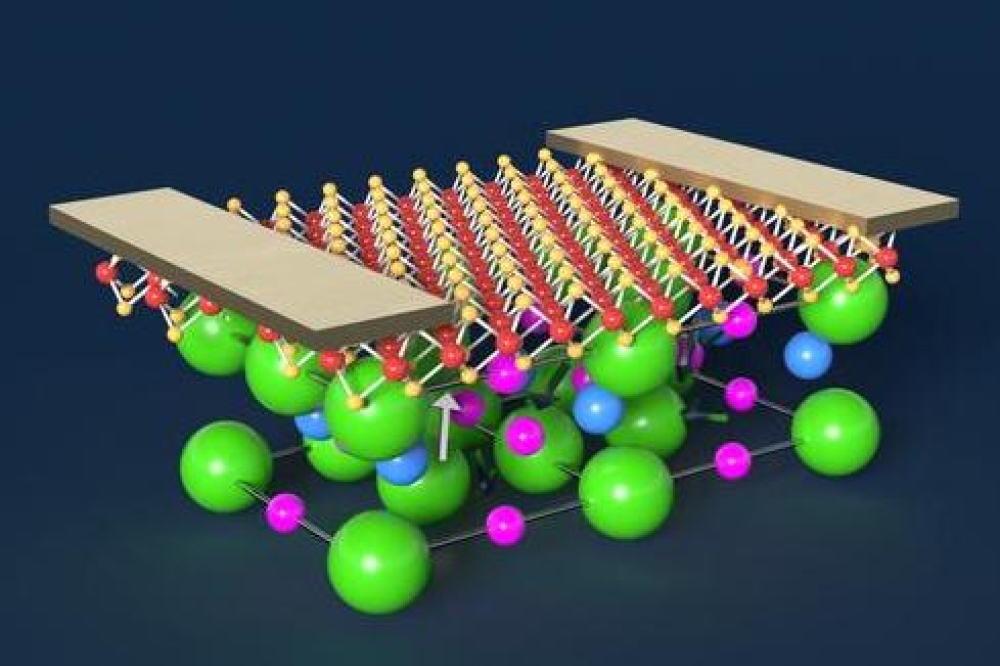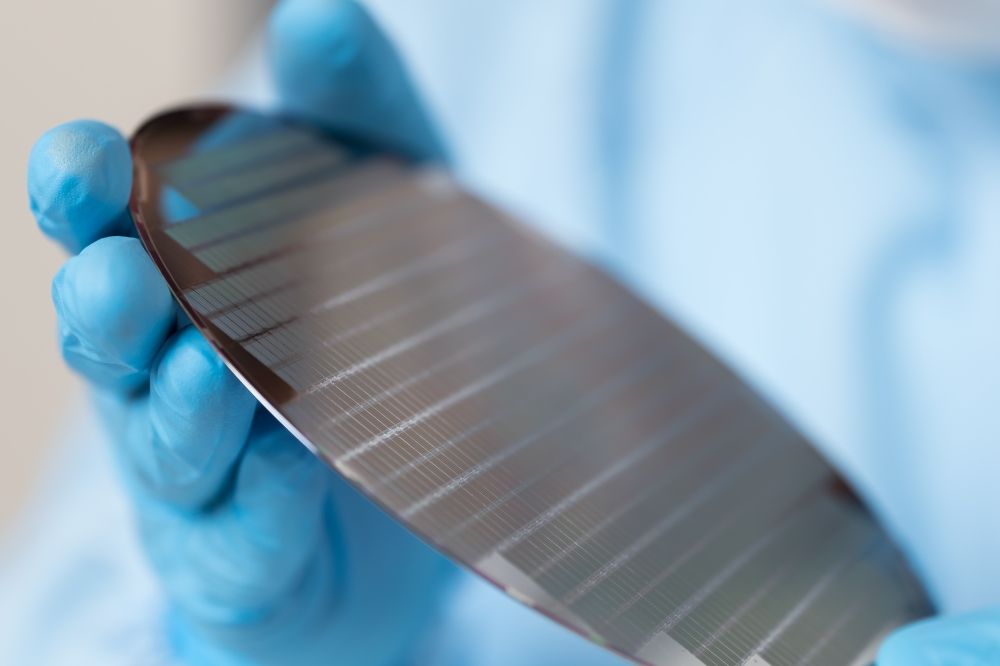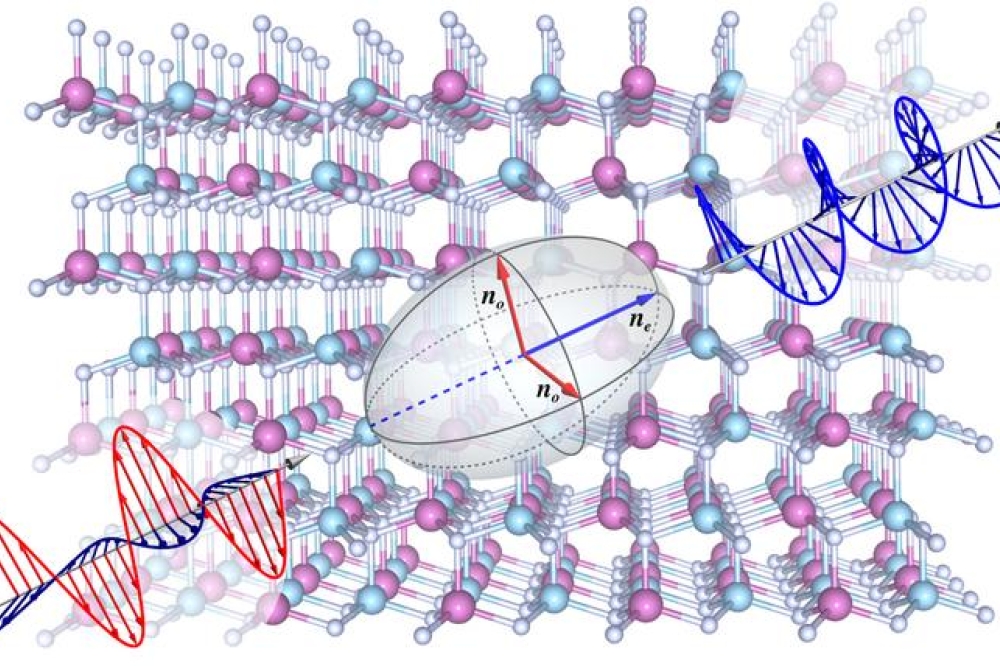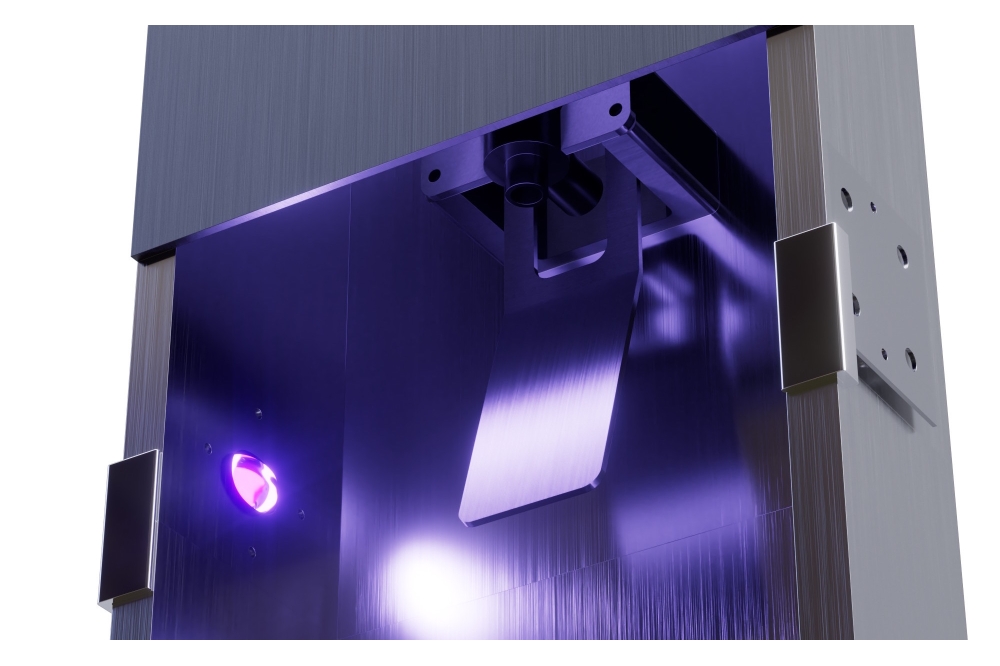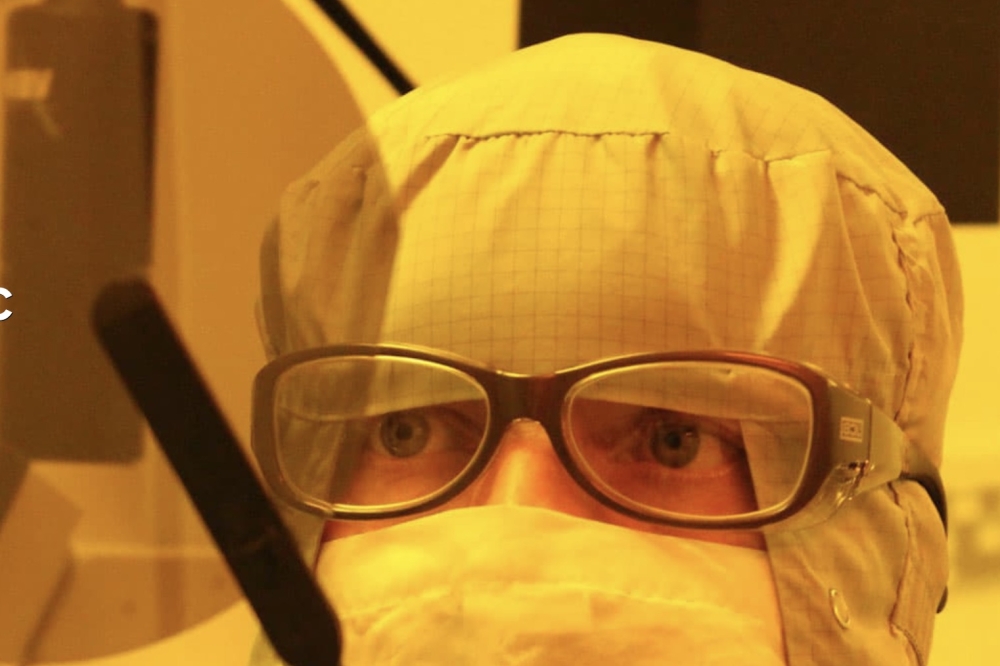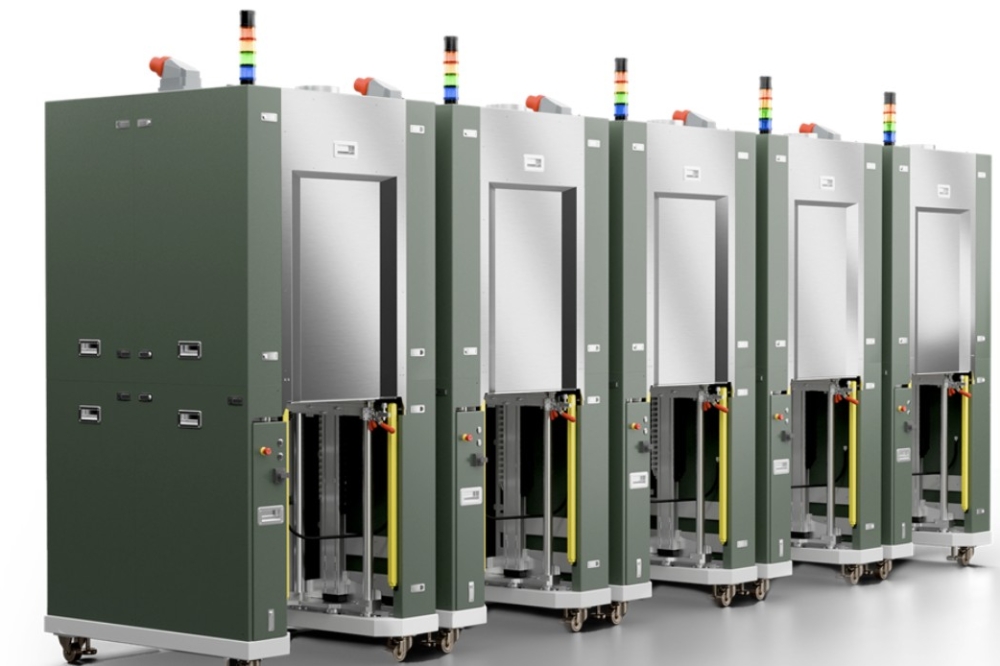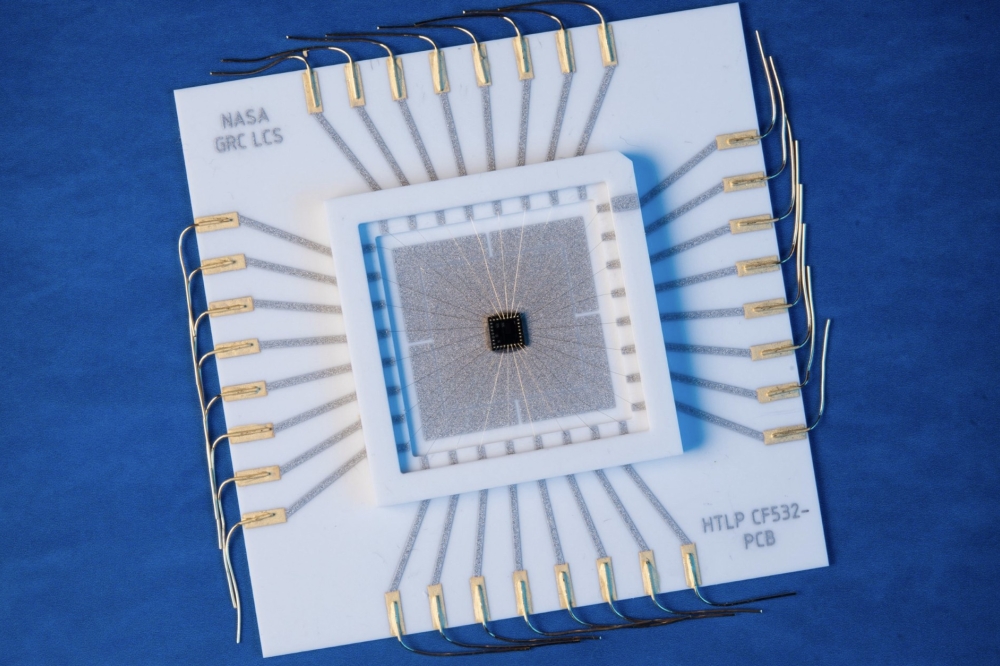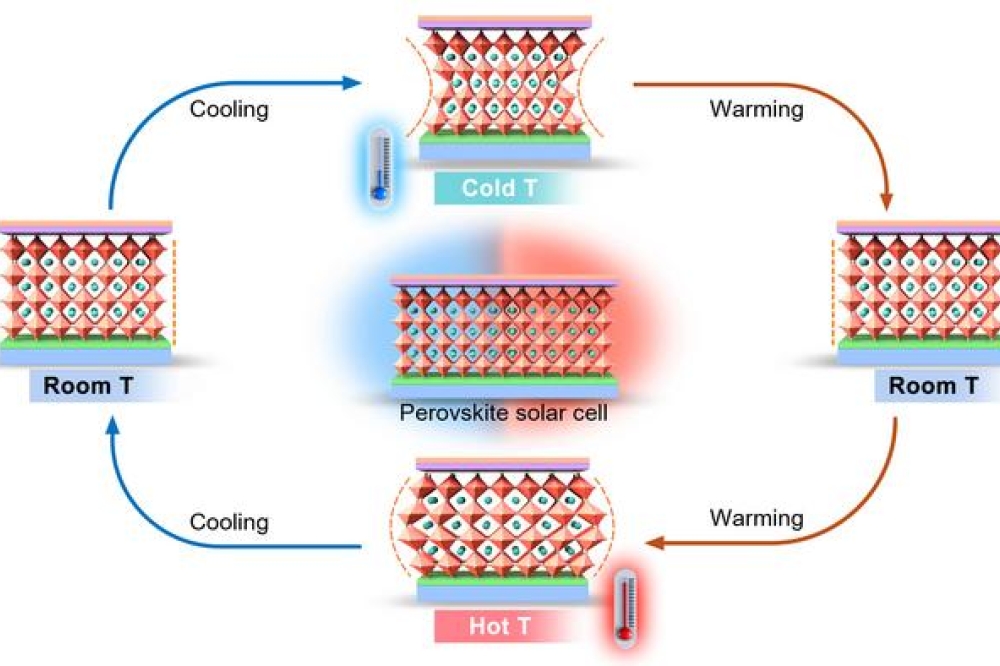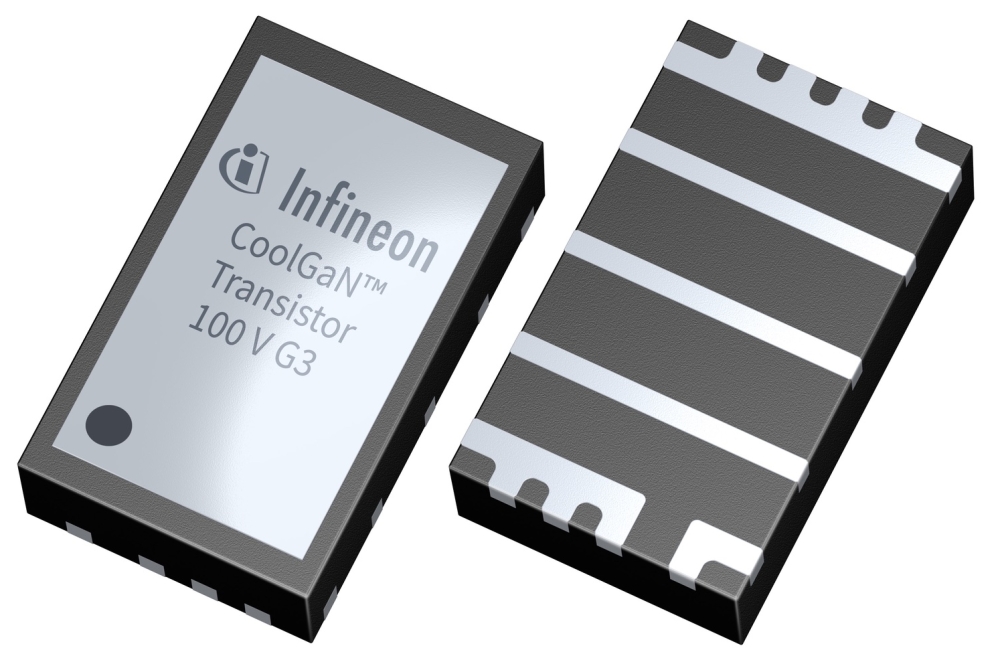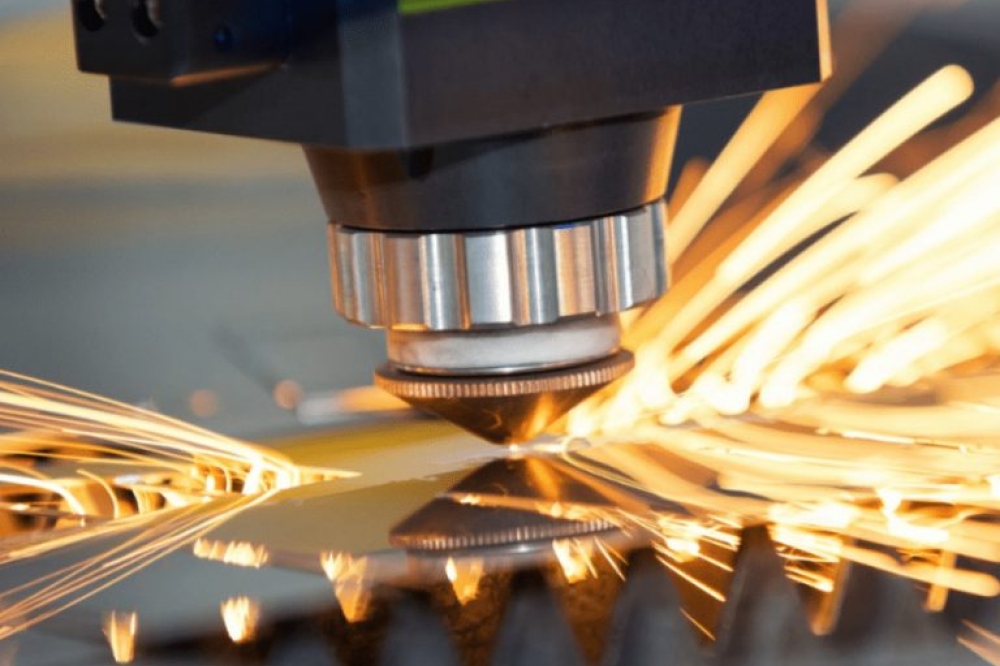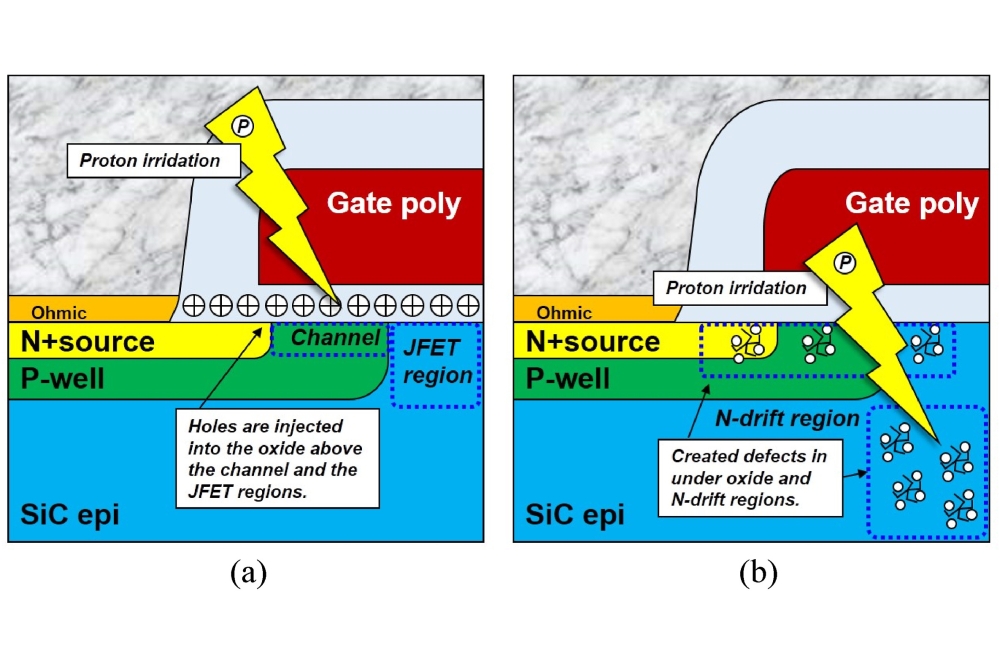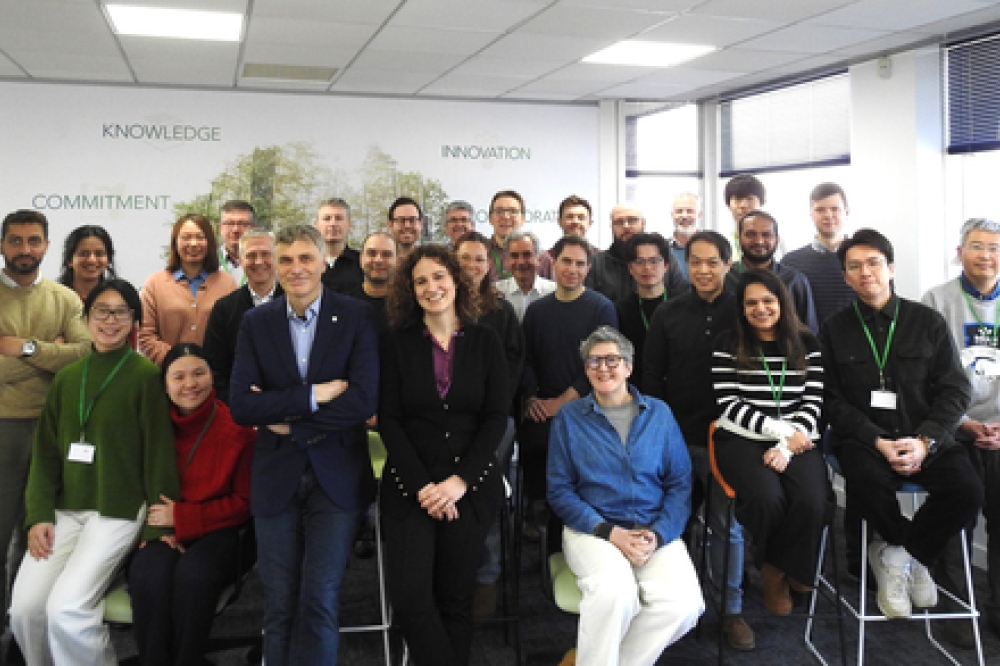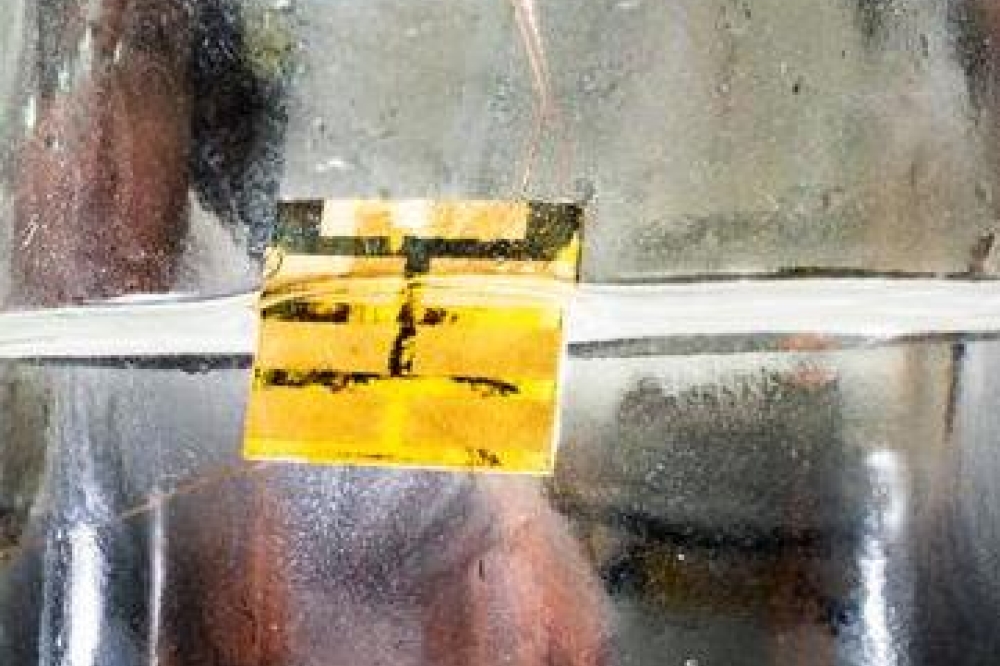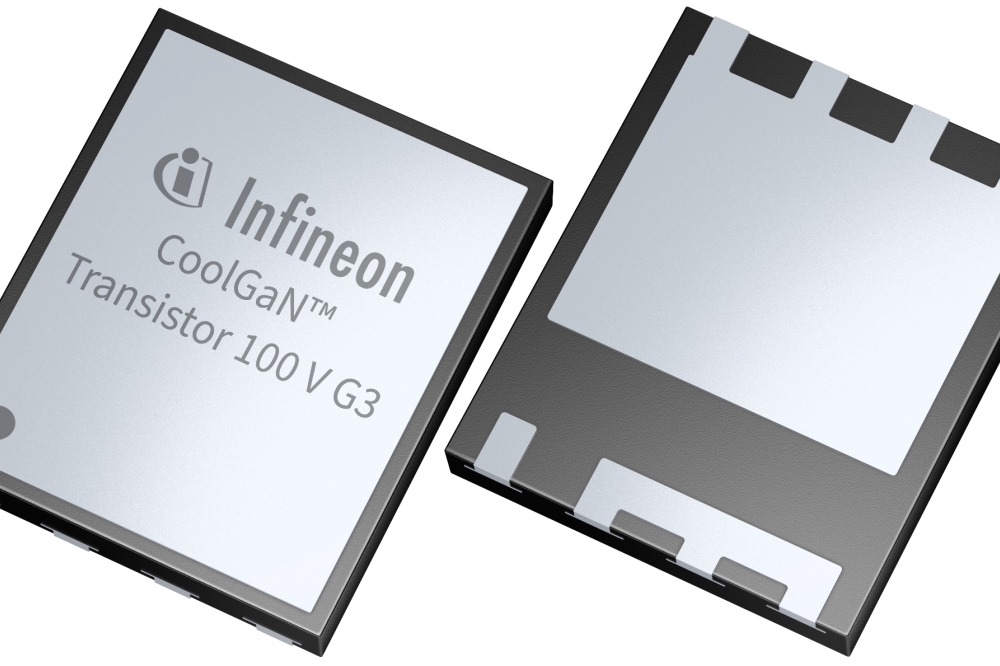Compound semiconductors and the hydrogen ecosystem
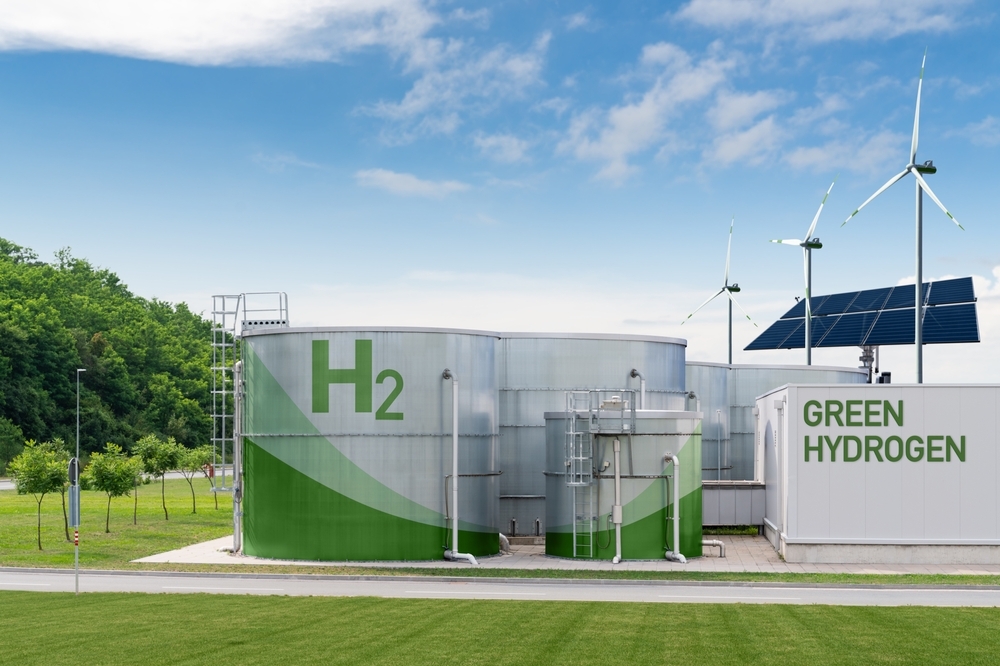
CSA Catapult report highlights role in renewable energy generation, power electronics for electrolysis, applications in transportation, enhanced microgrids, and sensors for hydrogen detection
Compound semiconductors have the potential to play a crucial role in enhancing the efficiency and reliability of the UK’s hydrogen ecosystem.
That is the finding from a new white paper published today by the Compound Semiconductor Applications (CSA) Catapult. The report outlines five areas where compound semiconductors could significantly enhance the hydrogen ecosystem. These are renewable energy generation, power electronics for electrolysis, applications in transportation, enhanced microgrids, and advanced sensors for hydrogen detection.
Compound semiconductors have superior material properties compared to traditional silicon-based devices, such as higher power density, faster switching speeds and reduced power losses. This makes them an ideal choice for a variety of green energy applications, including electric vehicles, renewable energy systems and power grids.
Compound semiconductors can also enhance the performance of energy storage systems and smart grids and will therefore play an important role in transitioning towards a more sustainable energy system.
The report identifies fuel cell electric vehicles (FCEV), which use hydrogen fuel cells to generate electricity for the vehicle’s electric motor, as the most promising area for compound semiconductors.
Power electronics components built using compound semiconductors can significantly improve the efficiency, reliability, and overall performance of the FCEV powertrain.
Hydrogen is considered a crucial element in decarbonising UK industry, promoting clean growth and enhancing the country’s long-term energy security.
The UK government’s Hydrogen Strategy sets out an approach to develop a thriving low carbon hydrogen sector in the UK to meet its ambition for 10GW of low carbon hydrogen production capacity by 2030.
David Chow, head of market Intelligence at CSA Catapult, said: “Hydrogen is considered a crucial element in decarbonising the UK industry, promoting clean growth and enhancing our long-term energy security.
“Compound semiconductors offer significant benefits for green hydrogen applications, particularly in FCEVs across the transport spectrum, ranging from HGVs to trains and aircraft.
“Though other applications may take longer to become commercially viable, it is clear that compound semiconductors will be crucial in improving the generation, transportation and consumption of hydrogen and helping the UK meet its hydrogen goals.”
The new report is an output of the Hydrogen Innovation Initiative (HII)—a cross-Catapult project aimed at creating an interconnected ecosystem that leverages the strengths, resources, and regional presence of organisations to advance the development of a green hydrogen economy in the UK.
HII’s mission is to support UK industry to anchor high-value jobs, boost resilience and drive decarbonisation by accelerating the development of critical technologies and supply chains for the fast-growing hydrogen economy.

